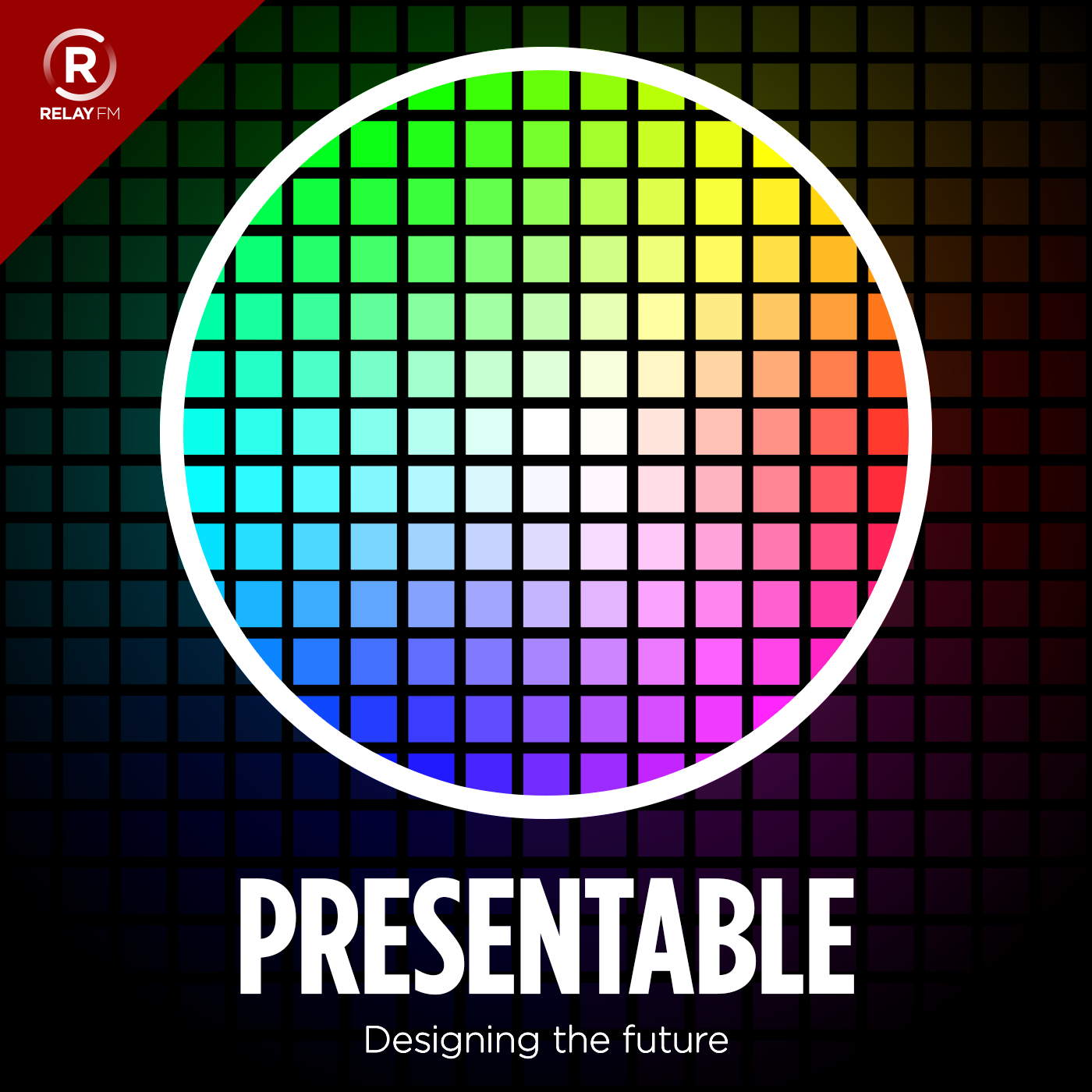Our founder, Zach Simmons, came out of the software world, and noted with some frustration that engineers often designed products that nobody really wanted. Blinded by what they COULD do, they often never stopped to ask a consumer if the solutions they were creating met actual customer needs. So he conceived of a way for stakeholders, not just in technology companies but across all industry verticals, to actually have conversations with consumers in a platform that was scalable, available across many stakeholders, easy and affordable to use. And Discuss was born.
So it always intrigues us when we see examples in the real world of companies who share our passion for involving “voice of the consumer” in a way that makes a meaningful difference, in culture, in product effectiveness and in transformational change.
The other day, Dani, a Designer on our Product team, shared an episode from a podcast called Presentable that got the office buzzing. In it, host Jeffrey Veen, talks to Google Design Director Jens Riegelsberger about how Google has embraced empathy-building initiatives across many of their teams. The effort took many years to get off the ground and even included buy-in from CEO Larry Page. At its heart, the initiative involved engineers actually engaging consumers in conversations, for the sake of amassing insights that would drive direction of their product development.
Listen to the episode, “User Research as an Agent of Corporate Change.” With the Google Maps team, Riegelsberger was able to get roughly 2,000 engineers, product managers, and marketers to run user tests for themselves. He noted that there was some resistance at first, stating that a lot of the engineers did not believe that they had anything to learn, since they built the product and knew it intimately.
However, he goes on to say that after they spent an hour with the users, the energy in the room completely shifted. By having the users teach back how they used the application, the team found themselves leaving the room with many of their preconceptions shattered.
Riegelsberger notes that these sessions changed the perspectives of the team, leading to more lasting and memorable impact. And the act of the engineers themselves engaging in the consumer interactions rather than relegating the task to a research team, made the insights personal and direct. Not only did this initiative impact their annual product strategy cycle, but it he also credits this initiative as a large factor in influencing Google’s culture.
Veen signals that often research and empathy building exercises take the form of an “event,” something that is meaningful and sparks a change, but is periodic. He elaborates that, while they make an impact, they do not reflect how products are made on a day-in, day-out basis. Instead, he suggests that what Riegelsberger’s team at Google is beginning to do is fundamentally changing how teams make decisions. When individuals within teams engage directly and routinely, they are able to understand the consumer on a more intimate level and ultimately build better products, which reflect that understanding.
Riegelsberger and Veen warn that today this kind of intimacy can be hard to achieve at scale. But as a company that was literally built on the premise that this idea is not only possible, but imperative, we would argue that that day is here.
Contact us to learn how your company can make consumer conversations the start of radical transformations.




